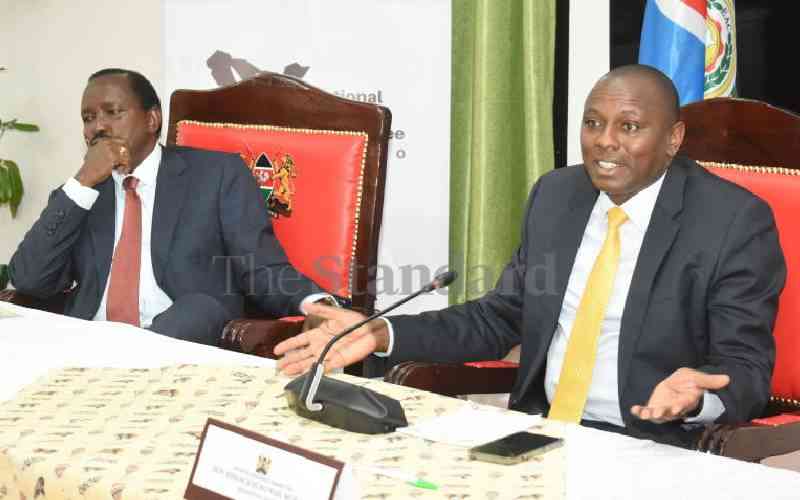×
The Standard e-Paper
Home To Bold Columnists

The bipartisan talks initiated by President William Ruto and Opposition leader Raila Odinga may suffer the fate of the Building Bridges Initiatives (BBI) if the grounds used by the courts to deal a blow to the earlier process set any precedence.
Analysts say going by a recent case filed in court by three petitioners, the process may come to a premature end, the BBI way.